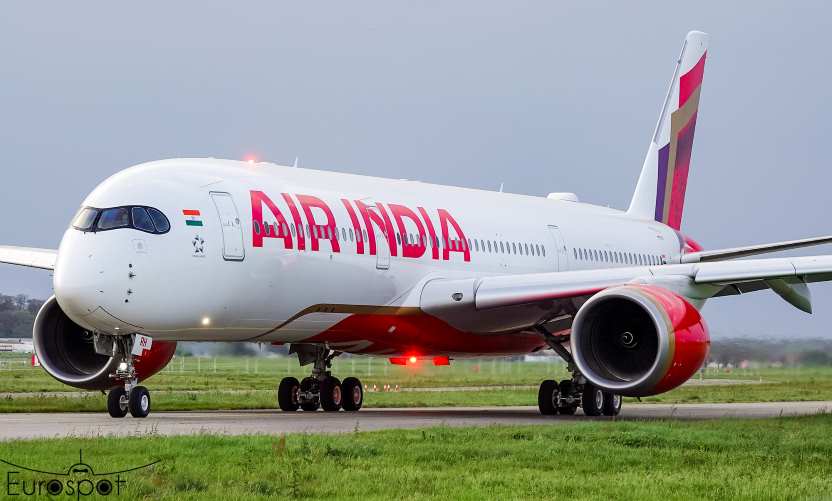Air India Pilot’s Father Seeks Supreme Court Probe Into Deadly Crash

The father of a pilot killed in the Air India crash that claimed 260 lives has petitioned India’s Supreme Court for an independent investigation into what is being described as the world’s worst aviation disaster in a decade. The Air India Boeing 787 crash occurred on June 12 2025.
Ninety-one-year-old Pushkar Raj Sabharwal, whose son, Captain Sumeet Sabharwal, was among those killed, filed the legal challenge jointly with the Federation of Indian Pilots. The petition calls for a new probe led by a retired Supreme Court judge and supported by independent aviation experts. The move marks a significant escalation in criticism of the Indian government’s handling of the tragedy and the official inquiry led by the Aircraft Accident Investigation Bureau (AAIB).
The fatal crash occurred shortly after takeoff from Ahmedabad, killing everyone on board, except one survivor is identified as Viswashkumar Ramesh, a British national seated in row 11A near an emergency exit. He managed to escape through a broken emergency exit amid the wreckage. A preliminary AAIB report indicated that the Boeing Dreamliner’s engine fuel switches had almost simultaneously moved from “run” to “cutoff” just moments after departure, leading to an abrupt loss of power.
Sabharwal has accused the investigation team of unfairly blaming his son and the flight crew for the disaster while ignoring potential technical or procedural failures. “The investigation appears to predominantly focus on the deceased pilots while failing to examine or eliminate other more plausible causes,” Sabharwal said in his petition.
Government officials have rejected the accusations, insisting that the inquiry has been “very clean” and “very thorough.” However, both the pilots’ union and aviation analysts have voiced concern about transparency and potential conflicts of interest within the AAIB.
Reuters reported that a cockpit voice recording captured dialogue suggesting Captain Sabharwal may have manually cut the fuel flow—a claim that has fueled public debate and anger among pilots, who argue that such conclusions are premature without a full forensic review. U.S. officials assisting with the investigation have not publicly commented on the preliminary findings.
The Federation of Indian Pilots, representing roughly 5,000 members, has called for a more independent process to ensure accountability and restore public trust. “This was not just an operational failure—it was a systemic one,” a union representative said anonymously, citing ongoing safety and oversight concerns within India’s civil aviation system.
As of Thursday Oct. 16, India’s Supreme Court has yet to schedule a hearing on the case. The petitioners are asking that the current investigation be halted and transferred to a new, court-appointed panel. The AAIB, the civil aviation ministry, Boeing, and Air India have not yet issued official statements regarding the filing.
If accepted, the case could set a precedent for judicial oversight of major air accident investigations in India, reshaping how the country handles aviation safety and accountability in the aftermath of large-scale tragedies.
Related News: https://airguide.info/?s=air+india, https://airguide.info/category/air-travel-business/travel-health-security/
Sources: AirGuide Business airguide.info, bing.com, independent.co.uk
